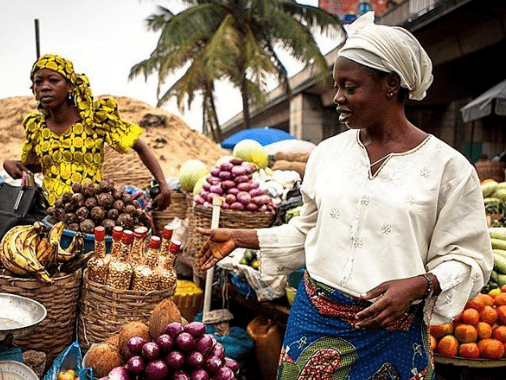The Federal Government’s unveiling of a $3.14 billion agricultural investment plan, in partnership with the Food and Agriculture Organisation (FAO) Hand-in-Hand Initiative, marks one of the boldest attempts to address Nigeria’s food security challenges.
Announced by the Minister of Agriculture and Food Security, Abubakar Kyari, at the National Hand-in-Hand Investment Forum in Abuja, the initiative targets five critical value chains: tomato, cassava, maize, dairy and fisheries.
These sectors were chosen based on strong market demand, production potential and climate resilience. The government believes the plan will improve food sovereignty and create millions of jobs, lift Nigerians out of poverty, and contribute to the country’s climate goals.
While the scale of ambition is noteworthy, what makes this development particularly promising is the way it is building on solutions reshaping Nigeria’s agricultural landscape.
One is the growing adoption of irrigation systems to reduce dependence on rainfall and stabilise crop yields. In states like Kano and Jigawa, irrigation schemes are demonstrating how small-scale farmers can produce tomatoes, rice and maize all year round, reducing post-harvest losses and strengthening food supply chains.
The new investment plan seeks to scale such systems nationally, particularly for crops like tomatoes and cassava, which face seasonal fluctuations. By expanding irrigation networks, farmers can hedge against climate shocks while ensuring steady incomes and supply.
Another solution is the use of agricultural technology to boost productivity and efficiency. Startups in Nigeria’s agritech sector, such as those offering mobile-based credit, extension services and market linkages, are helping farmers overcome traditional barriers.
Platforms like ThriveAgric have demonstrated how digital innovation can connect farmers with investors, provide inputs and guarantee markets for produce.
With the proposed plan to ramp up mechanisation in the agricultural industry, there is a clear opportunity to integrate such private-sector successes into a nationwide framework. Doing so can ensure that even small-scale farmers benefit from modern tools and information that increase yields and reduce risks.
Financial inclusion also forms a critical part of the solutions matrix. Agricultural credit schemes in the past, like the Anchor Borrowers’ Programme, have shown the transformative effect of access to low-interest loans on rural farmers.
Scaling food production
Although not without challenges, these schemes enabled many small-scale farmers to expand production of staples like rice and maize. The Hand-in-Hand initiative, backed by $1.75 billion in government funds and $1.39 billion from private investors, offers a chance to strengthen these systems.
By reforming lending practices, ensuring transparency and leveraging digital-payment platforms, farmers can gain reliable access to finance, invest in inputs and scale production sustainably.
The fisheries and dairy components of the initiative also align with successful models in parts of the country.
For instance, catfish farming has created thriving value chains that employ thousands, while dairy programmes in partnership with international firms have introduced improved breeds and cold-chain systems in Northern Nigeria.
Expanding these efforts through public-private partnerships ensures that local communities not only increase food production but also add value through processing and distribution.
Such integration can turn agriculture into a true wealth generator rather than a subsistence activity.
Ultimately, the success of Nigeria’s $3.14 billion agricultural investment plan will depend on how effectively it leverages these proven solutions.
The initiative’s design as a bankable portfolio with a strong financial return promises benefits for more than 4.1 million Nigerians.
With a clear focus on turning declarations into tangible results, the plan represents a shift towards solution-oriented policymaking in agriculture. It could indeed mark the beginning of Nigeria’s food sovereignty while tackling poverty and unemployment alongside.
Summary not available at this time.






